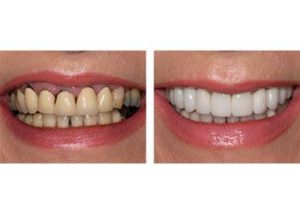Creating a Sleep-Conducive Environment
- Darkness: Ensure your bedroom is completely dark by using blackout curtains or blinds to block out all light.
- Quiet: Minimize noise disturbances by using earplugs or a white noise machine.
- Temperature: Maintain a cool, comfortable temperature in your bedroom.
- Comfort: Invest in a comfortable mattress, pillows, and bedding that suits your preferences.
Establishing a Consistent Sleep Schedule
- Regular Bedtime: Go to bed and wake up at the same time each day, even on weekends.
- Limit Screen Time: Avoid screens (phones, computers, tablets) at least an hour before bed, as the blue light emitted can interfere with sleep.
Optimizing Your Daytime Routine
- Regular Exercise: Engage in regular physical activity, but avoid intense workouts close to bedtime.
- Balanced Diet: Eat a balanced diet and avoid heavy meals or excessive caffeine and alcohol close to bedtime.
- Manage Stress: Practice stress management techniques like meditation, deep breathing, or yoga.
Limiting Stimulants and Sedatives
- Caffeine: Reduce caffeine intake, especially in the afternoon and evening.
- Alcohol: Avoid excessive alcohol consumption, as it can disrupt sleep patterns.
- Nicotine: If you smoke, consider quitting or avoiding nicotine close to bedtime.
Addressing Sleep Disorders
- Medical Consultation: If you’re experiencing persistent sleep problems, consult a healthcare professional to rule out underlying medical conditions.
- Sleep Apnea: If you suspect sleep apnea, seek medical evaluation and treatment.
Creating a Relaxing Bedtime Routine
- Wind-Down Activities: Engage in calming activities before bed, such as reading a book, taking a warm bath, or listening to relaxing music.
- Avoid Worrying: Try to avoid worrying or stressing about problems before bed. If you find yourself ruminating, practice relaxation techniques or write down your thoughts.
Napping Wisely
- Limit Naps: If you need to nap, keep it short (20-30 minutes) and avoid napping late in the afternoon or evening.
Addressing Nighttime Awakenings
- Avoid Looking at the Clock: If you wake up in the middle of the night, avoid looking at the clock, as it can increase anxiety.
- Get Out of Bed: If you can’t fall back asleep within 20-30 minutes, get out of bed and engage in a quiet, relaxing activity until you feel sleepy again.



